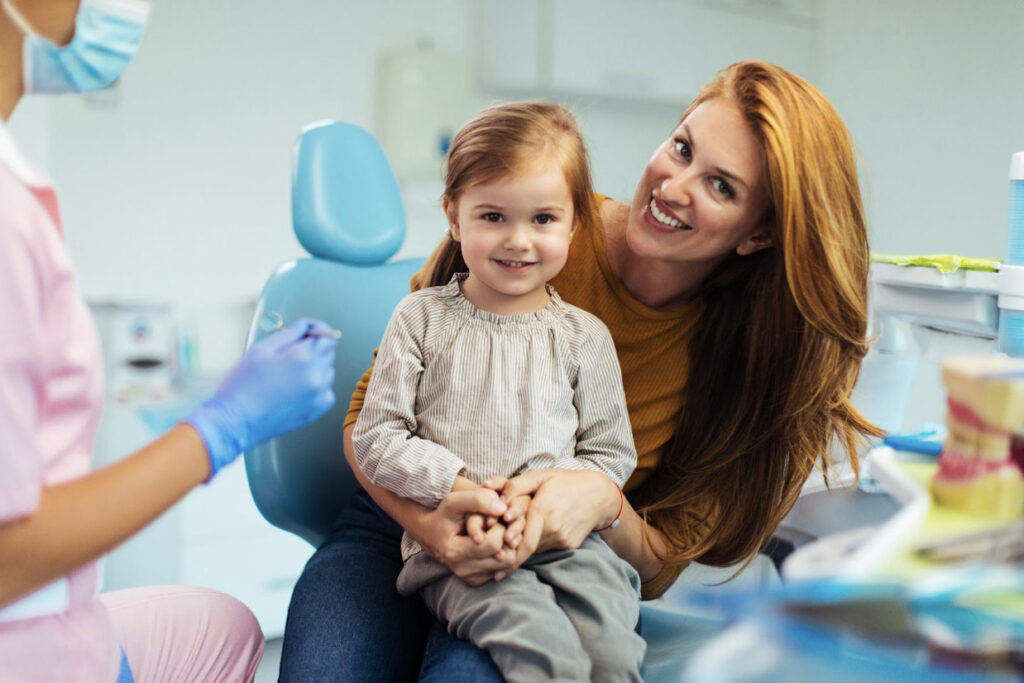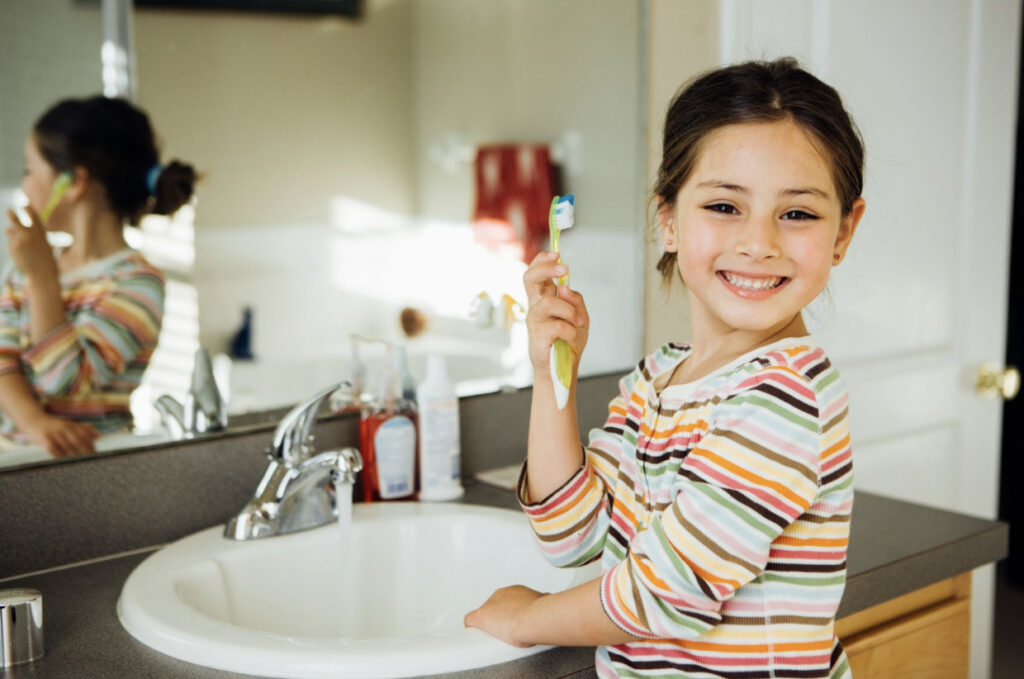
At our office, we prioritize creating an environment where every child feels safe, comfortable, and excited about their dental visits. Recognizing that some children may find the dentist’s office intimidating, we’ve developed unique strategies to foster a positive experience. Here are valuable tips and insights to help make your child’s dental visits enjoyable and stress-free.
1. Foster Open Communication at Home: Breaking Down Barriers
Initiating open conversations with your children about dental visits is a crucial first step. Many children may feel uncomfortable simply because the dentist’s office is unfamiliar territory. By openly discussing the dentist and highlighting the benefits of regular visits, you can demystify the experience. Share interesting facts about oral health to spark their curiosity. Consider incorporating playful activities at home, such as “playing dentist,” where family members take turns examining each other’s mouths. This approach helps make the idea of a dental visit more familiar and less intimidating.
2. Embrace Regular Dental Visits: Consistency Builds Confidence
Regular dental visits are essential in acclimating children to the dental setting and mitigating fear. Consistency builds confidence, making dental appointments a routine part of your child’s life. We recommend scheduling visits every six months to a year for both you and your child. These routine check-ups not only ensure optimal oral care but also help your child become more familiar with the dental environment. As they grow accustomed to these visits, any initial anxiety is likely to diminish.
3. Make Oral Health Fun: Transforming Habits into Enjoyable Routines
Transforming oral care into a fun and engaging family activity can significantly contribute to a positive attitude toward dental visits. Brushing together as a family reinforces good habits and makes oral hygiene a pleasant routine. Encourage your children to take pride in their oral health achievements, fostering a sense of accomplishment. Explore creative activities such as brushing to music, allowing them to choose their toothbrush, or experimenting with fun toothpaste flavors. By integrating enjoyment into oral care, your child will associate dental visits with positive experiences, making them more likely to look forward to their next appointment.
In our commitment to ensuring a pleasant experience for every family, we strive to create an atmosphere that is not only fun but also safe and comfortable. We eagerly anticipate the opportunity to meet you and your children, assuring you that each visit to our office will be a positive and memorable experience. Should you have any further inquiries or wish to schedule a visit, please don’t hesitate to contact our office. We look forward to building a lasting partnership with your family in maintaining excellent oral health.








 Hoover Dentist
Hoover Dentist





